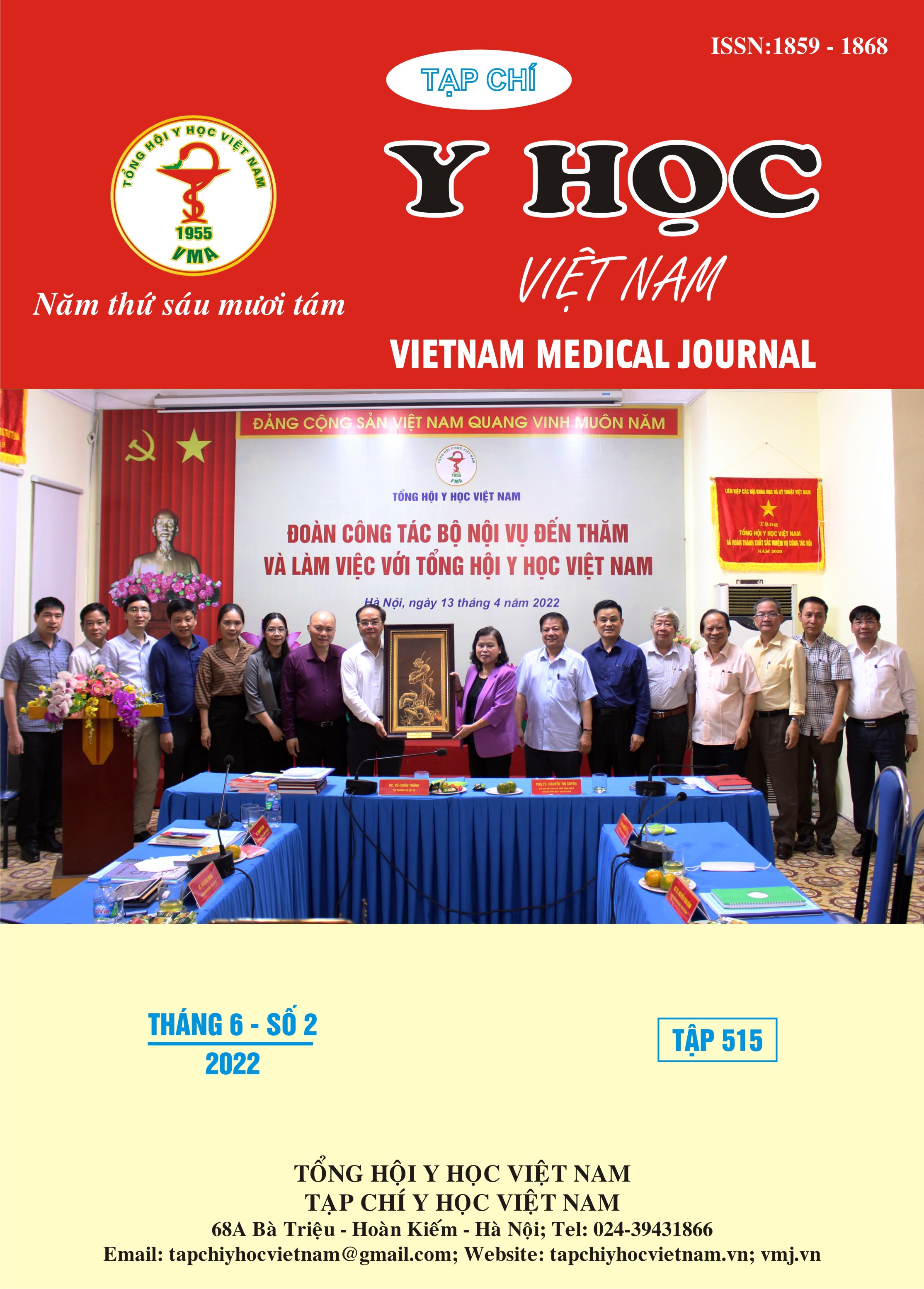BEANS AND HEALTH BENEFITS ACCORDING TO FIVE ELEMENTS OF ZODIAC AND MODERN NUTRITION
Main Article Content
Abstract
Legumes are very important in many different diets around the world, especially in developing countries in Africa, Latin America, and Asia. Therefore, the study of the effects of each type of bean on specific health condition is necessary. Since ancient times, the law of the five elements has been used to explain many natural phenomena as well as in the human body. Beans are no exception to this rule. According to five elements of zodiac law, five types of beans represent the five elements and nourish the five internal organs, including: white bean belongs to metal, nourishing lungs, red bean belongs to fire and good for heart, green bean belongs to wood and good for liver, black bean belongs to water, nourishing kidney and hyacinth bean belongs to earth, nourishing digestive system. These beans are either high in nutritional content or beneficial in treating a variety of ailments in modern nutrition.
Article Details
Keywords
Five elements of zodiac, black bean, green bean, white bean, hyacinth bean, red bean
References
2. Học Viện Y dược học cổ truyền Việt Nam, Hoàng Đế Nội Kinh - Linh Khu, (bản dịch). 2017: Nhà xuất bản Hồng Đức.
3. Campos-Vega, R., et al., Common Beans and Their Non-Digestible Fraction: Cancer Inhibitory Activity-An Overview. Foods, 2013. 2(3): p. 374-392.
4. K. Pitura, S.D.A., Characteristics of flavonol glycosides in bean (Phaseolus vulgaris L.) seed coats. Food Chem, 2019(272): p. 26-32.
5. Mohd Ali, N., et al., Antioxidant and Hepatoprotective Effect of Aqueous Extract of Germinated and Fermented Mung Bean on Ethanol-Mediated Liver Damage. BioMed Research International, 2013. 2013.
6. Watanabe H., I.Y., Inoue H., Kimura K., Kaneko S., Asahara S.-I., Kido Y., Matsumoto M., Kohno M., Tachibana N., et al., Dietary mung bean protein reduces hepatic steatosis, fibrosis, and inflammation in male mice with diet-induced, nonalcoholic fatty liver disease. J. Nutr., 2016(147): p. 52–60.
7. Park B.K., et al., Administration of Wasabia koreana Ameliorates Irritable Bowel Syndrome-Like Symptoms in a Zymosan-Induced Mouse Model. J. Med. Food, 2017(20): p. 474–484.
8. Miyahara, M. and Y. Saito, Effects of the processing steps in tofu production on pesticide residues. Journal of Agricultural and Food Chemistry, 1994. 42(2): p. 369-373.


